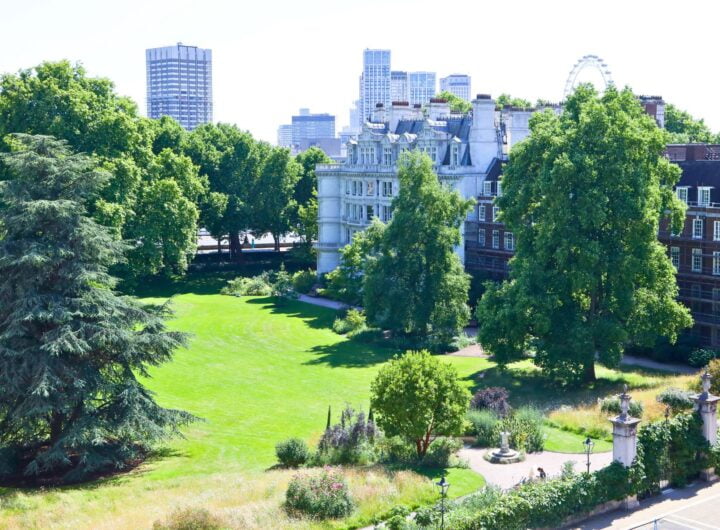By Susan Heaton Wright, company director, Viva Live Music
We all know how essential it is for an event to be well organised and delivered smoothly. We also know how unforeseen snags; from technical problems, delays in the kitchen and bad weather can create a crisis even at the best planned event. The key to success is ensuring the client isn’t aware of any snags or incidents, prior to, during or after an event.
The analogy of a swan swimming serenely on the water, whilst under water he is paddling frantically is appropriate for any event. What happens behind the scenes may well be a challenge, but the client doesn’t need to see or know about it.
An event is theatre. The audience, the performance, backstage. Yet what happens backstage with all the creativity, troubleshooting and hands on activity could unrest even the calmest of clients. To the untrained eye, backstage at the Royal Opera House or The National Theatre hours before a performance might be perceived as ‘chaos’, nevertheless, the highly skilled and experienced teams of technicians, stage crew, artistes and support staff all know what they are doing and are working to strict time deadlines. They are being co-ordinated by a stage manager, who takes charge of the performance interpreting the director’s vision; working with the different teams to deliver the vision, ensuring the performance is delivered on time and runs smoothly.
For an event the client is the audience who expect a flawless performance; the event manager is the director; the waiting staff, chefs and entertainers create the performance and the venue and technical staff form the discrete team backstage and finally the stage manager who I have renamed the maître d’ of events.
The event manager should be the public face of the event for the client. They should be reacting to anything the client says on the night and then relaying this to the maitre d’ who is then able to liaise with the relevant people. They will also be the person key teams report to so if there is a technical issue or there is a delay in the kitchen he is able to provide a solution; adjusting timings for example, without panicking the client. It is useful if the maitre d’ is also technically minded; an extra pair of hands to move equipment quickly; monitor sound levels or even change a plug at short notice (yes this has happened!) can be extremely helpful. The event manager, who is ‘front of house’ does not need to be hands on with situations such as these but can be kept in touch with proceedings by the maitre d’. They can also relay any requests from the client to the maitre d’ who will act upon them.
An example of an event that has successfully used a “maître d” was an outdoor themed afternoon celebrating the Independence Day (4th July) with a barbeque, live band, cheerleading displays, a brass band, and children’s entertainers. Everyone was signed in by the maitre d’, who was liaising with the catering; co-ordinating timings of the entertainers and overseeing the technical set ups basically ‘running the show’.
Given his technical background, he was able to step in when there was a problem with the sound system. He had a contingency plan for bad weather and when it rained, he reacted quickly, moving the entertainers and guests into a banqueting hall inside where he had already set up a small sound system – just in case. The event manager, who was not technically minded, was able to liaise directly with the client, and reassure him that everything was running smoothly.
Having a maitre d’ or stage manager meant that the event could be managed ‘backstage’ whilst maintaining a professional, high quality event ‘front of house’. For many clients, this is what they want and the addition of a maitre d’ is an invaluable and inexpensive addition to an events team.
www.vivalivemusic.co.uk



